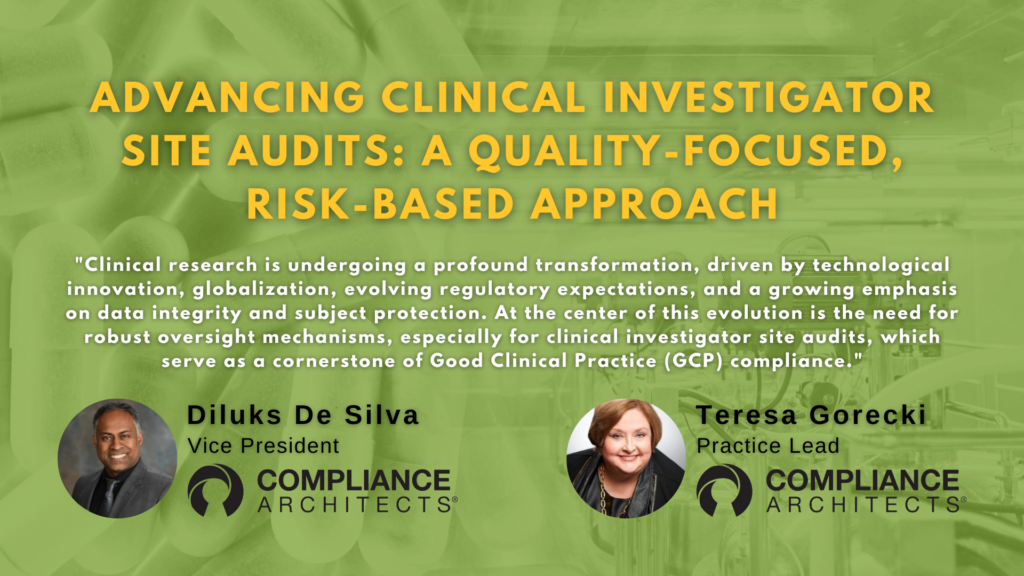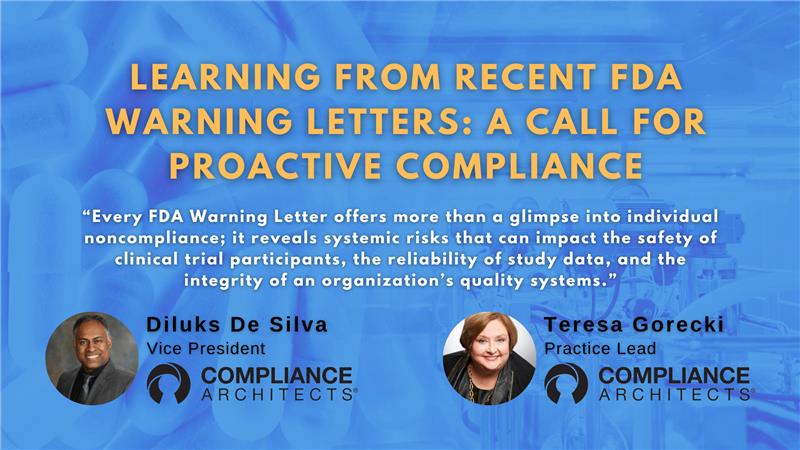Biologics, MedTech, and Pharmaceutical organizations rely on Contract Development and Manufacturing Organizations (CDMOs) for various segments of their supply chains due to the numerous strategic and operational advantages they offer.
CDMOs provide specialized expertise, state-of-the-art facilities, and advanced technologies that these organizations might not possess in-house.
By outsourcing to CDMOs, companies can focus on their core competencies—such as drug discovery, product development, and marketing—while reducing capital expenditure and operational risks.
Additionally, CDMO Relationships enable flexibility and scalability in production, allowing organizations to quickly adapt to changes in demand and navigate complex regulatory environments more efficiently.
This partnership model fosters innovation, accelerates time-to-market, and enhances the overall competitiveness of Biologics, MedTech, and Pharmaceutical companies.
Table of Contents
5 Compliance Challenges in CDMO Relationships

Every organization engaging in a CDMO relationship must consider the associated risks and challenges. The top five challenges and risks are:
1. Delayed Time to Market
An unsuitable CDMO relationship can lead to bottlenecks and delays due to a lack of specific expertise, equipment, or capacity. Ineffective communication and collaboration can impede progress, leading to missed milestones and extended timelines.
To ensure a successful partnership, the CDMO and the engaging organization must establish a plan for the required volume, considering current market conditions and a five-year activity window.
However, instances of double-digit growth in demand year over year can create anxiety about meeting market needs. Additionally, interruptions in product availability may occur due to the CDMO’s limited output or a key supplier’s inability to address incremental needs immediately.
For instance, an organization supplying electrophysiology systems faced significant backorders because a vendor could not produce enough tube sets, which are crucial for patient procedures. The demand for these systems started small but experienced double-digit growth year after year, leaving the supplier unprepared to meet the substantial increase in sales.
Therefore, constant communication between the contracting organization and the CDMO is essential. Scenario planning and a comprehensive analysis of capacity and capability must be undertaken to understand service risks and implement practical mitigation actions.
2. Quality Issues
Inadequate quality systems or a lax approach to compliance can result in product quality problems, regulatory scrutiny, and potential recalls. This can cause reputational damage and erode patient and stakeholder trust.
3. Regulatory Compliance Issues
Choosing the wrong CDMO can cause severe regulatory compliance problems. Poor data integrity, lack of validation, inadequate quality management, and non-compliance with global regulations can lead to project delays, increased costs, and even patient harm.
4. Intellectual Property (IP) Risks
Unauthorized disclosure or use of confidential information can result from insufficient intellectual property protection, potentially undermining the organization’s competitive advantage.
5. Scalability and Supply Chain Challenges
A CDMO lacking the capacity or flexibility to scale production to meet project needs can create supply chain disruptions and shortages. This can lead to missed market opportunities or an inability to meet patient demand, negatively impacting commercial success.
5 Keys To a Successful CDMO Relationship
For a successful CDMO partnership, organizations must assess critical capabilities or integrate them into ongoing improvement initiatives. These include:
1. Technical Capabilities
A successful CDMO must have the technical capabilities to meet manufacturing requirements, including advanced equipment, technology, expertise in critical areas, and quality assurance.
2. Quality and Regulatory Compliance
The CDMO should have a strong track record with regulatory authorities and the ability to meet stringent quality standards. This includes a robust quality management system and compliance with global regulations.
3. Financial and Management Capabilities
Financial stability, a solid management structure, and meeting project timelines and budgets are crucial. This includes assessing financial resources, project management skills, and communication strategies.
4. Risk Management
Effective risk management processes, overseeing unexpected issues, and a commitment to open communication are essential. This helps in mitigating potential risks associated with the CDMO relationship.
5. Transparency and Communication
Establishing open and transparent communication channels with the CDMO is vital. Regular meetings, progress updates, and issue escalation protocols ensure timely resolution of any issues.
By addressing these challenges and leveraging these capabilities, a CDMO can significantly enhance its ability to support Biological, MedTech, and Pharmaceutical companies in bringing innovative patient solutions to the market efficiently and effectively.
Compliance Architects LLC is your trusted partner in successfully navigating the compliance risks and challenges the external manufacturing environment poses. We ensure best practices are in place and optimal performance is achieved.
Contact us for your needs—we will gladly develop practical solutions in this key area.





